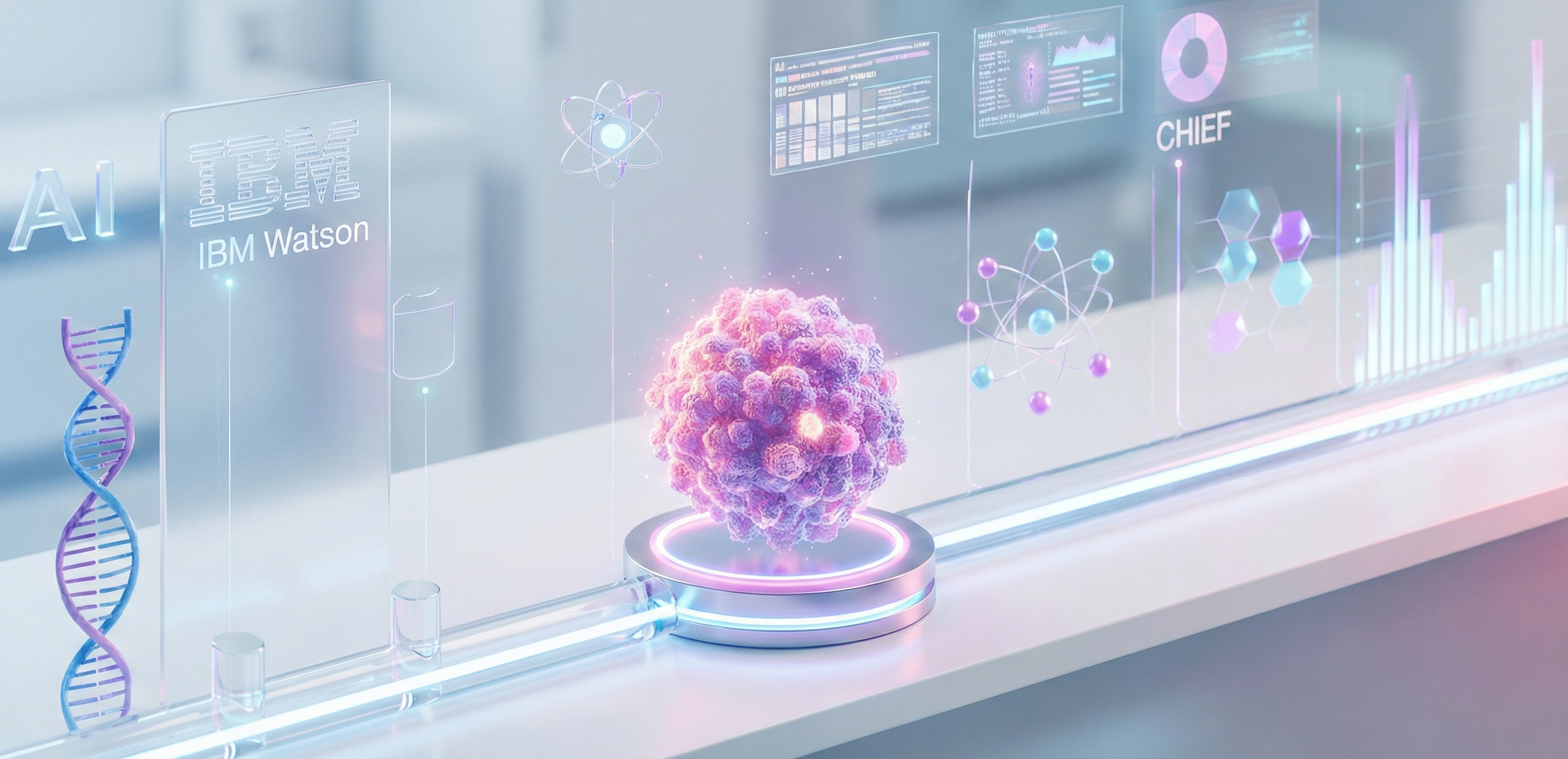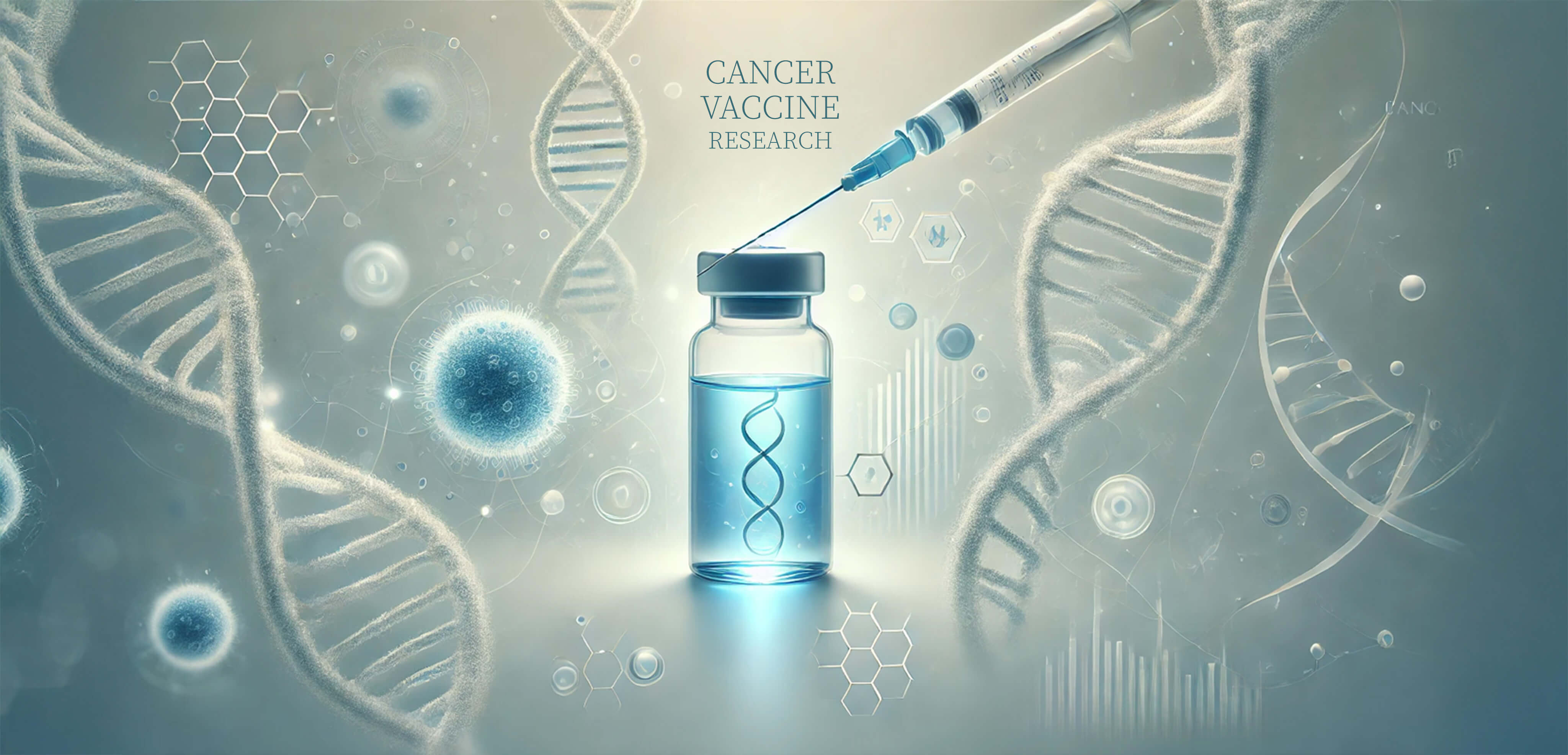In 2010, IBM’s Watson made waves in the medical world, heralding AI’s potential to revolutionize healthcare. Today, we are on the cusp of realizing that vision in ways we once thought unimaginable. Harvard Medical School’s latest breakthrough—an AI tool called CHIEF (Clinical Histopathology Imaging Evaluation Foundation)—represents a host of AI-driven medical leaps forward. With an accuracy rate of over 90%, CHIEF can diagnose cancer, predict patient outcomes, and guide treatment decisions based on tumor images. This tool has the potential to improve cancer care significantly by accurately predicting a tumor’s molecular profile and identifying patients who may not benefit from standard treatments, allowing clinicians to make more informed decisions.
While Watson paved the way by tackling a broad spectrum of medical problems using its data-driven intelligence, CHIEF brings us even closer to AI’s full potential in healthcare. Watson’s promise was the first glimpse of AI’s ability to make sense of massive datasets for improved patient outcomes, but CHIEF now hones in on a single, crucial challenge: cancer, one of the most complex and devastating diseases. It showcases how far we’ve come in just over a decade. The tool represents the evolution from the broad vision of Watson’s early days to the highly specialized, domain-specific applications now coming to fruition.
AI in Medicine: Moving from General to Specific Solutions
This shift toward practical, data-driven solutions in specific areas of medicine demonstrates how AI can address a staggering number of medical problems, from more accurate diagnoses to optimized treatment plans. Watson laid the groundwork for a future where AI’s real-world clinical applications could be tangible. Now, we are witnessing the next step in the integration of AI into healthcare systems, moving beyond theoretical potential into measurable, life-saving impact.
As we advance, the true power of AI will be unleashed not just through general medical knowledge, but by offering precision tools like CHIEF that cater to specific medical challenges. Imagine the possibilities ahead—not just for cancer treatment but for cardiovascular diseases, rare genetic disorders, and the management of chronic conditions. We are witnessing a paradigm shift where AI tools designed for specific medical problems are being deployed to target them more effectively and rapidly than ever before.
What CHIEF demonstrates is that AI is no longer a futuristic concept; it is rapidly becoming a clinical necessity, capable of addressing critical gaps in patient care. AI is no longer just helping with administrative tasks or sifting through medical data. Instead, it is becoming an indispensable partner in the treatment room, offering insights that might have otherwise gone unnoticed. By predicting which patients are more likely to benefit from specific treatments, AI can help to personalize cancer care in ways that were once thought to be impossible.
As we look to the future, the implications of such tools are staggering. Imagine a healthcare landscape where AI-driven models like CHIEF are deployed across every major medical institution, democratizing access to world-class diagnostic tools and ensuring that every patient receives the most accurate and timely care possible. The adoption of these tools on a global scale could lead to earlier detection, fewer misdiagnoses, and treatments that are truly tailored to the individual.
Healthcare’s AI Revolution Gains Momentum
While Watson set the foundation for AI in healthcare, it was limited by the available computational power and data integration at the time. Today, AI is on the verge of becoming truly transformative, thanks to breakthroughs in machine learning algorithms, data processing capabilities, and specialized tools like CHIEF. As we continue to refine and develop these systems, we’re not only improving their capabilities but also expanding the scope of what is possible in medical care. We are no longer asking whether AI will impact healthcare—we are asking how quickly and to what extent.
The introduction of CHIEF signals that we are only just beginning to scratch the surface of AI’s potential. It also reminds us that the road to innovation is paved with collaboration between data scientists, oncologists, and researchers who are pushing the boundaries of what’s possible. Just as Watson captured the world’s attention in 2010 by playing “Jeopardy!” and solving complex problems, today’s AI models are tackling cancer head-on. This evolution of AI marks an exciting frontier in medicine that promises to redefine how we understand and treat some of the world’s most complex diseases.
The Next Decade of Promise
As we reflect on the past decade of AI in healthcare, we must also look ahead to the immense possibilities that lie before us. The launch of CHIEF is just one example of how artificial intelligence is reshaping cancer care, but its broader implications are enormous. From real-time diagnostics to predictive modeling, we are entering an era where AI’s capabilities will become indispensable across all facets of medicine. Watson’s initial foray into medical AI was just the beginning—today, with tools like CHIEF, we are witnessing the true realization of AI’s potential to address an unimaginable number of medical problems. The future of healthcare is intelligent, personalized, and filled with hope.
As AI continues to evolve, the next decade will be defined by precision medicine breakthroughs that will help tackle not only cancer but an array of medical challenges that have long eluded traditional treatment methods. Whether through the continued development of cancer-focused AI models or the creation of new systems designed to address other critical health issues, AI stands ready to be a central pillar of tomorrow’s healthcare solutions. The question is no longer if AI will revolutionize healthcare but when we will fully embrace its power to change lives.





